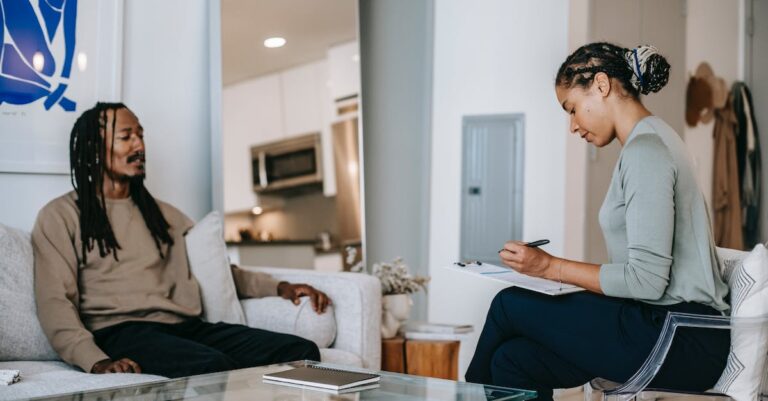The Toll of Social Media on Sleep: Understanding and Addressing the Problem
Introduction:
In today’s digitally connected world, social media has become an integral part of our lives. However, it is important to recognize that excessive use of social media, particularly before bedtime, can have a detrimental impact on our physical and mental health. This article aims to shed light on the sleep problems caused by social media usage and provides practical solutions for leading a healthy lifestyle.
Sleep Problem #1: Keeps Your Brain on Alert
Engaging with the endless stream of content on social media keeps certain parts of our brain active and engaged, preventing us from falling asleep. Additionally, the overwhelming amount of information can overload our brains, leading to endless processing and rumination.
Solution:
To mitigate this issue, consider engaging in passive content such as photo-sharing tools or mindlessly scrolling through your newsfeed without active involvement. Alternatively, establish a technology curfew before bedtime and replace social media with activities that promote relaxation, such as reading a book, listening to soothing nature sounds, or practicing relaxation techniques.
Sleep Problem #2: Reduces Production of Sleep Hormones
The blue light emitted by electronic devices used to access social media “tricks” our brains into thinking it’s daytime, inhibiting the production of melatonin, a hormone that regulates sleep. This disruption can significantly impact both the quality and quantity of our sleep, leading to sleep problems such as insomnia.
Solution:
To combat this issue, switch your phone to nighttime mode in the evening, which reduces the levels of blue light emitted. It is also advisable to limit the use of electronic devices at least three hours before bedtime to allow your brain to adjust and prepare for sleep.
Sleep Problem #3: Constant Sleep-Disrupting Social Media Alerts
Constant social media alerts and notifications can be incredibly disruptive to sleep, with phones vibrating, flashing, and beeping throughout the night. Many people choose to keep these alerts on, fearing they might miss out on important updates.
Solution:
It is crucial to remind ourselves of the consequences sleep deprivation can have on our overall health. To ensure uninterrupted sleep, consider putting your phone on airplane mode or even turning it off before bedtime. Additionally, muting your phone can help avoid sleep distractions without completely disconnecting.
Sleep Problem #4: Delayed Bedtime
Social media can be a bottomless pit, with a few minutes of scrolling easily turning into hours of lost time. This can result in delayed bedtime, causing fatigue and lethargy the next day.
Solution:
To overcome this challenge, implement restrictions on technology usage before bedtime. For individuals with low self-control, physically placing the phone on the other side of the room or in a different room altogether can help reduce the temptation to continue using social media and facilitate the transition into quality sleep.
Conclusion:
Social media has become an integral part of our lives, but it is essential to recognize the potential impact it can have on our sleep and overall well-being. By understanding the sleep problems associated with social media usage and implementing the suggested solutions, we can improve our sleep quality, enhance our daily productivity, and lead healthier lives. Prioritizing a restful night’s sleep over social media gratification is a step towards cultivating a balanced and fulfilling lifestyle.







